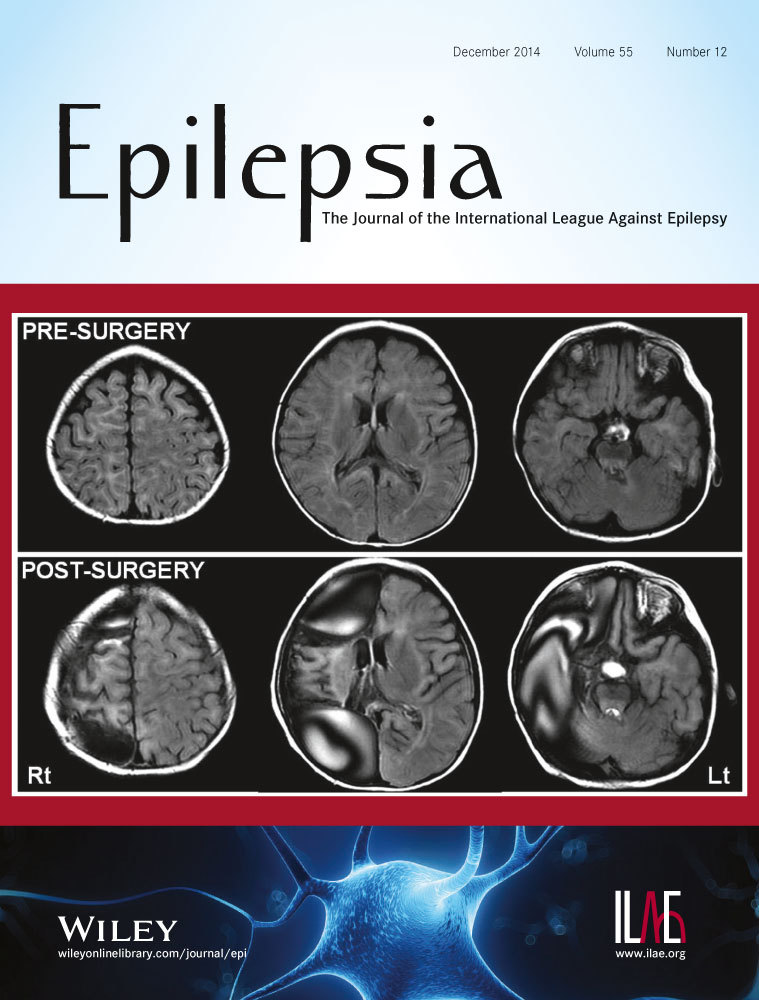Efficacy of a psychological online intervention for depression in people with epilepsy: A randomized controlled trial
Summary
Objective
Depression is the most prevalent psychiatric disorder in persons with epilepsy (PWEs). Despite its major impact on quality of life and risk of suicide, most PWEs are not treated for depression. A current challenge in mental health care is how to close this treatment gap and increase access to psychological services. Psychological online interventions (POIs) have shown efficacy in improving depression among individuals without neurologic disorders. This pilot study aimed to assess the feasibility and efficacy of a psychological online intervention for depression (Deprexis) in PWEs who have symptoms of depression.
Methods
Participants with self-reported epilepsy and subjective complaints of depressive symptoms were randomized to an intervention condition (Deprexis) or to a waiting list control (WLC) condition. After 9 weeks, participants were invited to complete an online reassessment.
Results
Relative to the waiting list group, program users experienced a significant symptom decline on the Beck Depression Inventory - I (BDI-I, primary outcome) with a moderate effect size in the complete observations analysis and a small effect size in the intention-to-treat analysis. Furthermore, there was a significant improvement with a moderate effect size on the “energy/fatigue” subscale of the Quality of Life In Epilepsy Inventory - 31 (QOLIE-31).
Significance
The results of this trial suggest that POIs may be a feasible and beneficial tool for PWEs who have comorbid depressive symptoms.




